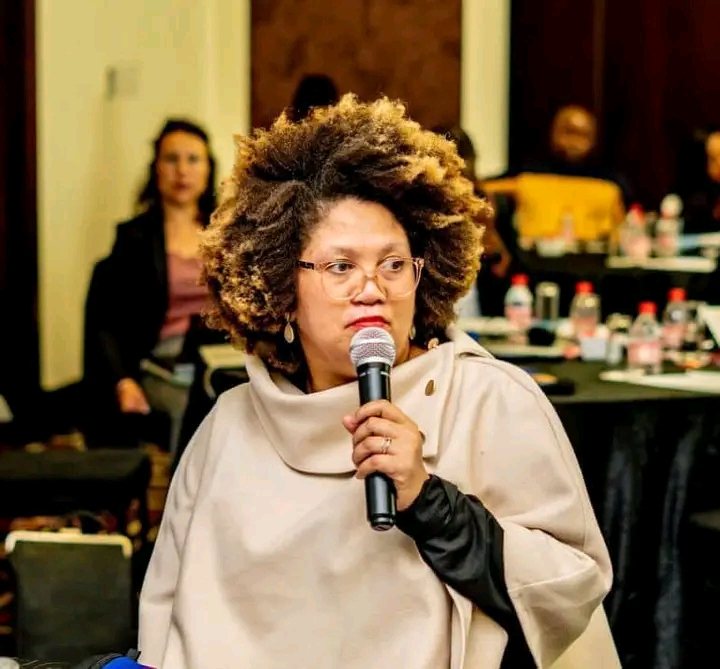Minister of agriculture, water and land reform Calle Schlettwein is calling for increased transboundary cooperation with regard to water management.
The minister made this appeal as a participant of the tenth meeting of the parties to the United Nations (UN) Water Convention in the Slovenian capital Ljubljana on Wednesday.
“Transboundary water cooperation is vital for Namibia, as all her perennial rivers and the two largest groundwater aquifers are indeed transboundary,” Schlettwein said.
“The water cycle is where the effects of climate change are most acutely felt, and we must ensure that this critical issue is addressed with urgency,” he said.
Schlettwein pointed to existing collaboration with Angola as an example of successful transboundary water management.
“Key initiatives include flood management in the Cuvelai-Etosha Basin, sustainable water use and environmental conservation efforts along the Okavango River, and the management of the Kunene River through the Calueque Dam and Ruacana Hydropower Station,” the minister said.
However, Schlettwein also complained of upstream over-utilisation of the Kunene and Orange rivers, both of which had no water on several occasions.
“Namibia as a downstream country suffered the consequences,” he said. “This is clearly not sustainable nor is it fair or defendable.”
In his view, the Water Convention is a key instrument for the sustainable management of shared water resources, the achievement of the UN sustainable development goals and the fostering of peace, security and regional integration.
“We, as parties to the Water Convention, must prioritise and elevate the water agenda and the desperate need for funding the mitigation of the impact of climate change on the fresh water cycle,” Schlettwein said.
Stay informed with The Namibian – your source for credible journalism. Get in-depth reporting and opinions for
only N$85 a month. Invest in journalism, invest in democracy –
Subscribe Now!










